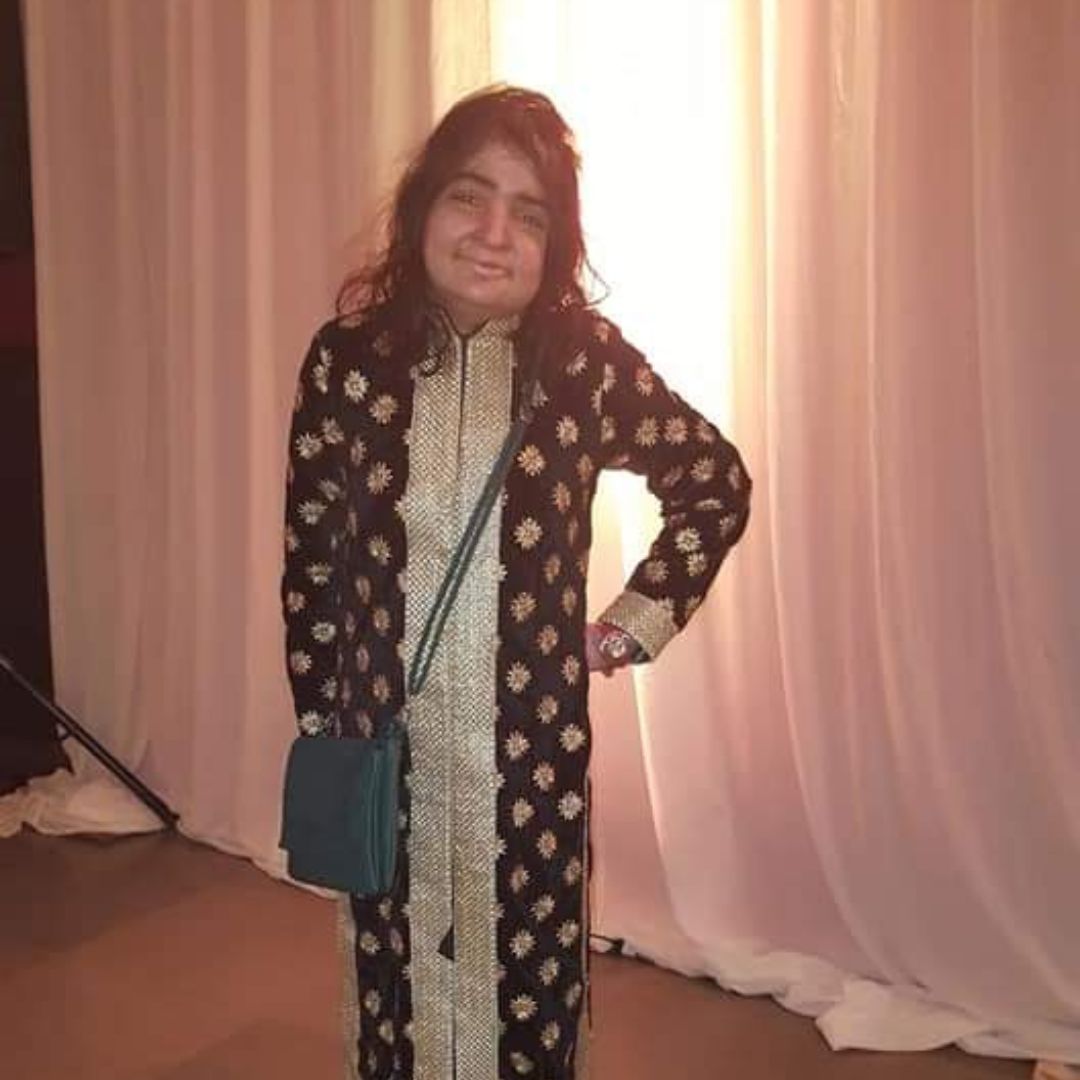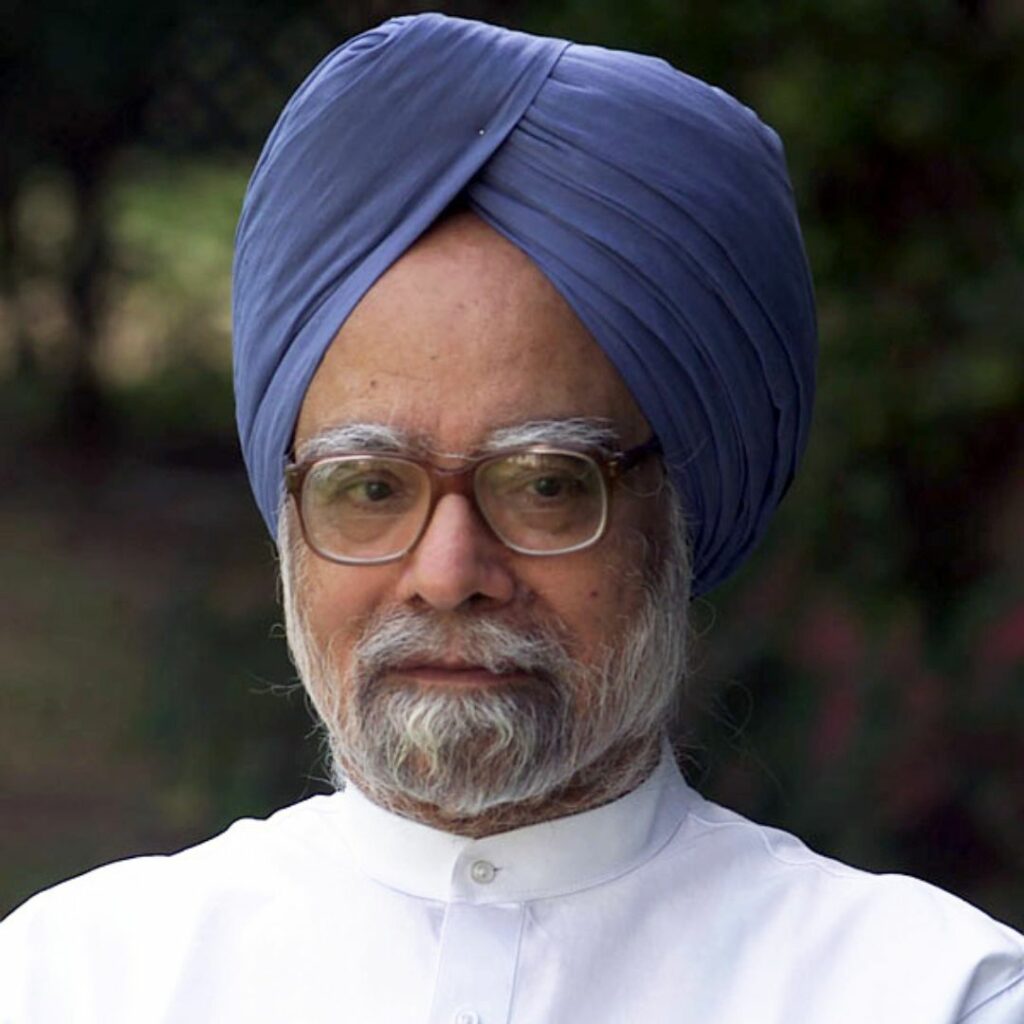Born with a rare genetic skin condition called Epidermolysis Bullosa, I grew up watching my skin differently from others. Under this condition, one could have webbed fingers, be more prone to allergies, develop blisters and tears even from minor frictions, and bring in several complications related to immunity. Very few people with this condition survive beyond 30 years of age, and beyond survival, even fewer people are able to love themselves with the condition they have.
Coming a long way in learning how to love myself and my disability the way it is, I am Varsha Kewalramani, and I hope that my story will change the way at least one person views themselves.
A Love That Needs To Grow On Yourself
As a student attending a regular school, the occasional teasing and mocking were inevitable. I grew up with both supportive friends and classmates who did not know how to react to the way I am. The latter never bothered me as I always had never-ending love and support cemented by my family. They made me realise how much their love and support mattered in the way I viewed myself, and so the teasing never really got to me.
As I grew up and the classes progressed, the way my classmates viewed me became a lot more sensitive and mature. It also reflected how education structures are built on sensitising people about others with disabilities.
I was, in some ways, lucky to have got admitted into a school and college that was led by a compassionate group of people. They were among the few reasons that kept me moving ahead into completing my Bachelors in Commerce, LLB, and as a Corporate Lawyer for over 11 years.
I never built confines around myself and tested waters that really picked up my interest. So even when Covid-19 broke out and I had to take a sabbatical upon my mother’s insistence, I decided to enrol for a master’s in business law. Taking into account my mother’s concerns about my immunity, I pursued what I wanted through online classes and have almost reached completion of the course.
With the education and experience I come along with, I hope to become a law professor and teach classrooms full of law aspirants like me.
The only setback I have commonly seen is with the country being inaccessible for many people with disabilities (PwD). Having lived in a big city like Mumbai all my life, I haven’t faced much of an issue in regard to this, but generally, the country has a long way to go toward being fully accessible.
This was something I had understood when I had to travel to Pune for seven to eight months. Compared to the city that I come from, Pune feels a lot inaccessible for PwD, and this is something that I hope to see a change in.
Discrimination Within The Disabled
It’s not just the country that needs to grow more accessible, but also the people. Most people in Indian Society consider disabled women as a burden on the family. As a part of my research work, I was able to look into these ideas and understand the ground reality among many PwD.
If a disabled boy and girl are born into a family, many would think of investing in the boy child’s education and not the girl’s. For the disabled girl, education expenses would be looked at as a waste of time and money. I want to change this notion and build awareness among parents of the differently abled.
Disability is not a barrier, and the disabled are capable of limitless potential if given a chance. The PwD also plays a good role in the way they are perceived, and I believe one should be able to accept and love their disability first and only then will others accept it. Even though people have stared at me and asked me insensitive questions about my skin, that never held me back, and I hope it does not hold back anybody else like me either.
As a corporate job holder, there is very little time round the clock that I can spare to convey this message, and I have tried my best to do my little bit. Writing for multiple platforms and speaking at events, I have been able to build an effective dialogue about disabled women and their rights.
For the same, I was once nominated for a national award by the Ministry of Social Justice and Empowerment and was invited to talk about the Rights of the Disabled. Through some voluntary legal work done for non-governmental organisations (NGOs), I have been able to reach out to people from low-income groups and believe that I have been able to give back to society.
Limitations are something we place on ourselves. Once we begin to love our condition as it is, a way might appear that would be worth walking through.











